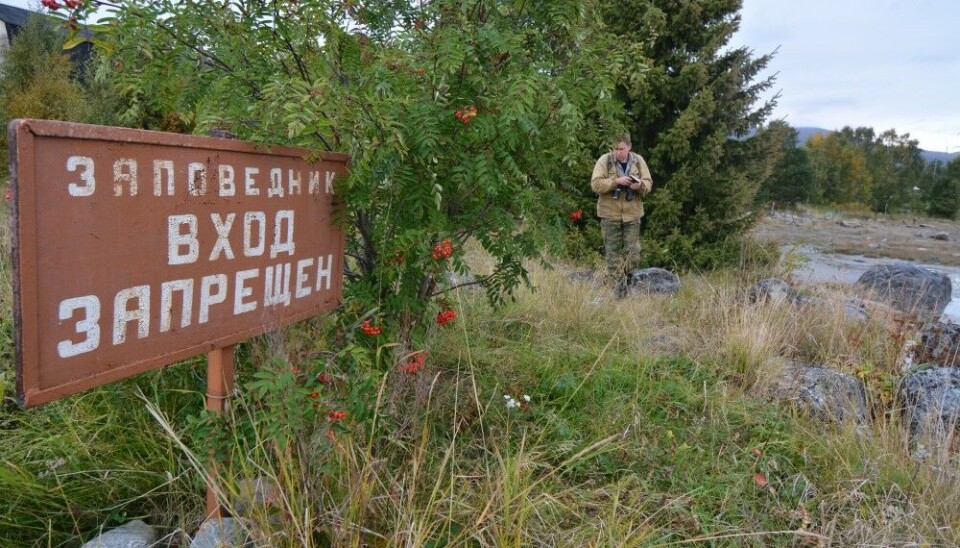
World Wildlife Fund listed as foreign agent
1,5 million Russians have supported the environmental organization that this weekend was included in the Ministry of Justice’s register of foreign agents.
The World Wildlife Fund is the last of the major environmental organizations in Russia to be labeled as foreign agents.
“We consider the decision to include the Foundation in the register of foreign agent non-profit organizations unreasonable and we will seek its review in court,” World Wildlife Fund Russia says in a statement.
WWF Russia has been active since 1994 and operates a dedicated Barents office from Murmansk especially focusing on climate changes, protection of Arctic habitats, taiga forest and sustainable marine fisheries.
The organization has 130 employees across Russia with its main office in Moscow. There is also an office in Arkhangelsk.
WWF Russia has played a key role in the establishment of nature protection parks, like the largest of them all: Russia Arctic National Park established in 2009 and expanded in 2016. The park includes the northern island of Novaya Zemlya, Franz Josef Land and parts of the Arctic Ocean.
Some 1,5 million individual Russians have given financial support to WWF Russia over the years. The organization is transparent about its funding, including the parts coming from abroad, mainly other WWF offices in Europe and international foundations. Private donations by individuals start at 900 rubles.
According to the 2012 law on non-governmental organizations (NGOs), any such group involved in political activities could get the label, which carries a negative historical connotation from Stalin-times as a traitor.
The law was introduced to discredit groups working in cooperation with foreigners.
Government scrutiny following the branding includes extra loads of reporting, quarterly comprehensive financial statements and announcements on every single publication - printed or online - that the text is produced by an organization working as a foreign agent.
Most NGOs included in the list have ceased activity and shut down. Among them are Bellona, Priroda i Molodesh (PiM), AETAS, the Siberian Environmental Centre, Severnaya Prirodoohrannaya Koalitsiya (Northern Environmental Coalition, SPOK) and Ecodefense.














